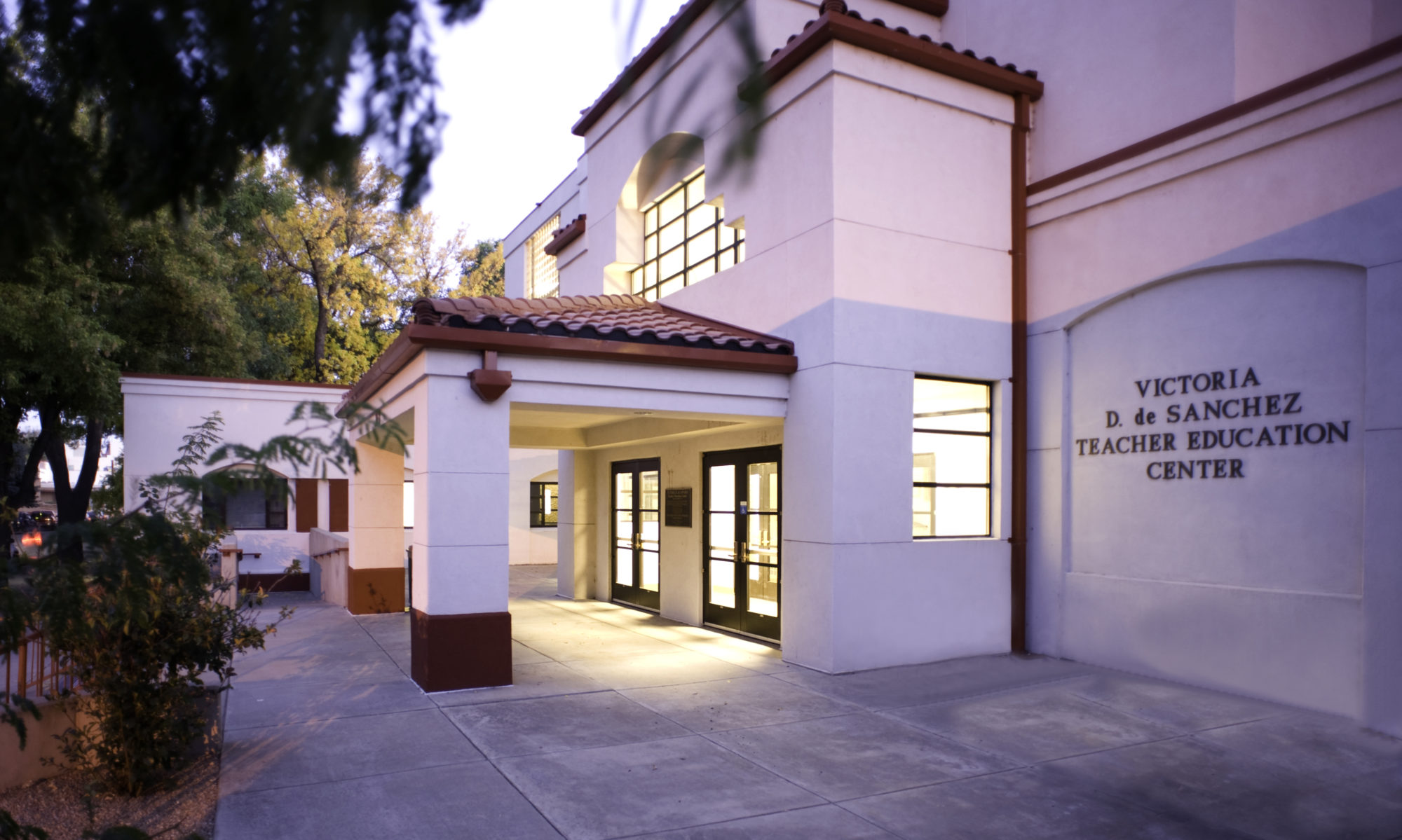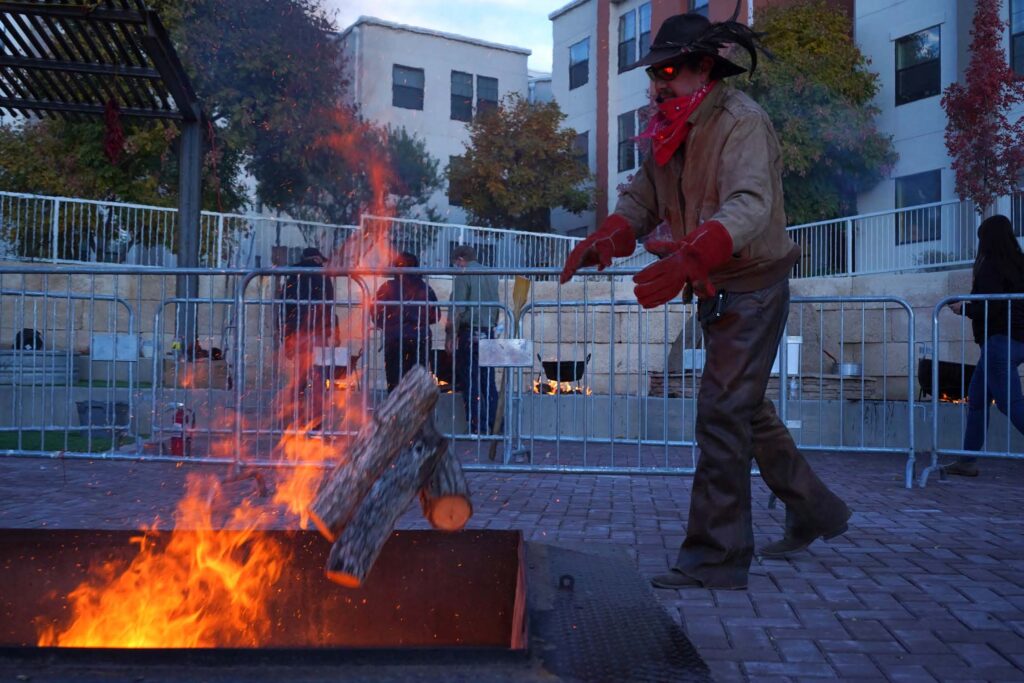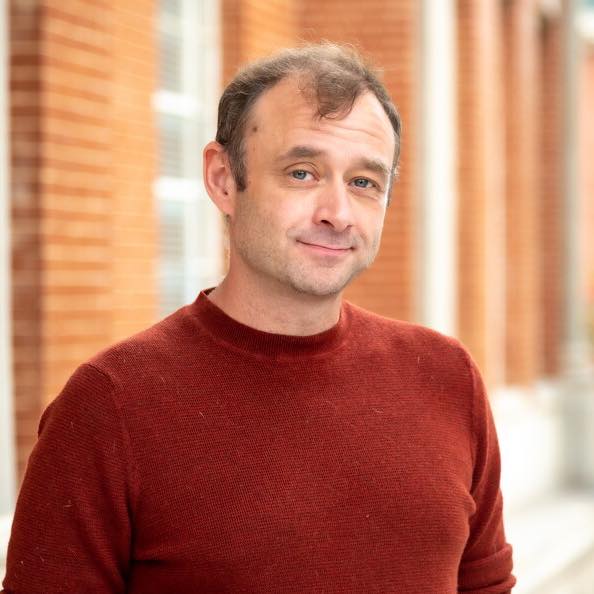8:00 – 8:50 AM
Breakfast
Attendance: ALL Faculty
Location: Student Union Building, Ballroom
8:50 – 9:00 AM
Land Acknowledgment Statement
Attendance: All Faculty and All Staff
Presenters: Member of the President’s Council on Diversity, Equity, and Inclusion (PC DEI)
Location: Student Union Building, Ballroom
Administering Optimism: Why Humans and Machines Must Work Together to Write an Impossible Future for Higher Education
Attendance: All Faculty and Staff
Keynote Speaker: Joshua Daniel, PhD
Location: Student Union Building, Ballroom
Dr. Joshua Daniel (formerly Daniel-Wariya) is an Associate Professor at Southern Illinois University Carbondale, where he directs the Writing Studies Program in the Department of Literature, Writing, and Digital Humanities. Having previously directed the First-Year Composition Program at Oklahoma State University, he is the author of two OER Textbooks for FYC (Who Teaches Writing, 2021) and (Writing Spaces at OSU, 2022). His scholarly work involves software, open education, and writing program administration. Examples of his scholarly work can be found in journals such as Games and Culture, Rhetoric Society Quarterly, Computers and Composition, and elsewhere.
“Administering Optimism: Why Humans and Machines Must Work Together to Write an Impossible Future for Higher Education”
In this talk, I lay out my theory for the teaching of writing and writing program administration rooted in optimism. Optimism, I argue, is a disposition one chooses to take up in response to challenging situations and circumstances in which you insist upon the pursuit of the best possible outcomes for everyone involved. To administer optimism is to pursue the creation of optimistic outcomes: outcomes so exceedingly good, so extraordinarily positive for everyone involved that they defy our capacity to imagine or think them–until the moment they happen. I describe this theory of optimistic administration by illustrating three larger principles I have learned from my game studies research, and I then turn an optimistic eye toward the current impossibility of writing studies. What, exactly, do we do with large language models such as ChatGPT and Bard? To answer these questions, I turn to the ancient games of Chess and Go and the way Grandmasters have interfaced with play forms developed by A.I. bots to develop strategies that are neither fully human nor inhuman, or what Russian activist and chess player Garry Kasparov has termed “Advanced Chess.” From this example, I argue that the great writing of tomorrow might look something like “Advanced Composition,” a hybrid form of writing that is not wholly human, yet not wholly computerized. In the subsequent workshop, we will work with ChatGPT and Bard to discuss such advanced invention strategies, with the goal of participants leaving the panel with direct writing activities to bring to their classrooms.


